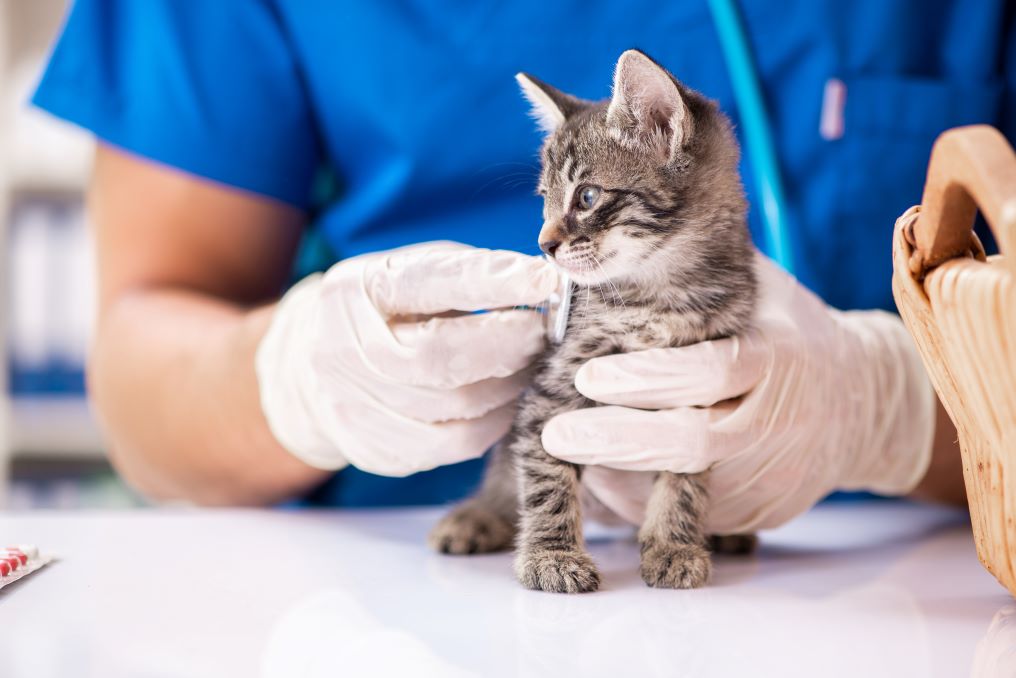Welcoming a playful and energetic puppy into your home undoubtedly adds a layer of joy and excitement to your everyday life. These adorable, four-legged friends not only become treasured companions but also integral members of the family. However, amidst the enthusiasm, it is imperative to acknowledge and understand the health risks of a new puppy. These can accompany your new canine companion, posing health challenges not only to themselves but also to their human caregivers. Puppies, while mostly harmless and endearing, have the potential to carry and transmit certain diseases. In this article, we will delve deeper into these common health concerns, offering insights and guidance on how to safeguard yourself, your family, and your beloved new pet as you embark on this heartwarming journey together.
Zoonotic Diseases: What You Need to Know
Zoonotic diseases are illnesses that can be transmitted between animals and humans. Puppies, like all animals, can carry zoonotic pathogens, which can lead to health issues in humans. Here are some common zoonotic diseases associated with puppies:
- Ringworm: Ringworm is a fungal infection that can be transmitted from puppies to humans through direct contact. It causes itchy, circular rashes on the skin.
- Campylobacteriosis: This bacterial infection can be contracted from handling a puppy’s feces. It may cause diarrhea, abdominal pain, and fever in humans.
- Salmonellosis: Puppies may carry Salmonella bacteria, which can lead to food poisoning in humans if proper hygiene is not maintained when handling the puppy or their feces.
- Toxocariasis: Roundworms are a common parasite in puppies, and their eggs can be found in the environment. If ingested, these eggs can cause health issues in humans, including fever, cough, and abdominal pain.
Preventing Puppy-Related Illnesses: How to Stay Safe
While the health risks associated with puppies are real, there are steps you can take to protect yourself and your family:
- Hygiene: Practicing good hygiene is essential when handling a new puppy. Wash your hands thoroughly with soap and water after touching your puppy, their food, or their waste.
- Puppy’s Environment: Keep your puppy’s living area clean and free from feces. Regularly clean and disinfect surfaces they come into contact with.
- Parasite Control: Consult with your veterinarian to establish a parasite control program for your puppy. This will help prevent the spread of parasites to humans.
- Regular Vet Visits: Schedule regular vet visits to ensure your puppy is healthy and up-to-date on vaccinations and preventive treatments.
- Educate Yourself: Familiarize yourself with common zoonotic diseases and their symptoms. Early recognition can lead to prompt treatment.
- Food Safety: Practice proper food safety when handling your puppy’s food and cleaning their feeding dishes. Wash your hands after feeding them.
- Children and Vulnerable Groups: Pay special attention to young children, the elderly, and those with compromised immune systems. They may be more susceptible to zoonotic diseases.
- Training and Supervision: Train your puppy to follow basic hygiene and house-training rules. Supervise them to prevent them from accessing potentially contaminated areas.
Embracing the responsibility of caring for your new puppy involves more than just playtime and cuddles. Being mindful of zoonotic diseases and their potential health risks is paramount. By consistently adhering to good hygiene standards, keeping your surroundings clean, and ensuring your puppy is up-to-date with its veterinary checks and vaccinations, you’re not just ensuring a happy environment but also a safe one. Taking these proactive steps will allow you to fully enjoy the heartwarming and enriching experience that comes with adding a furry friend to your family.




